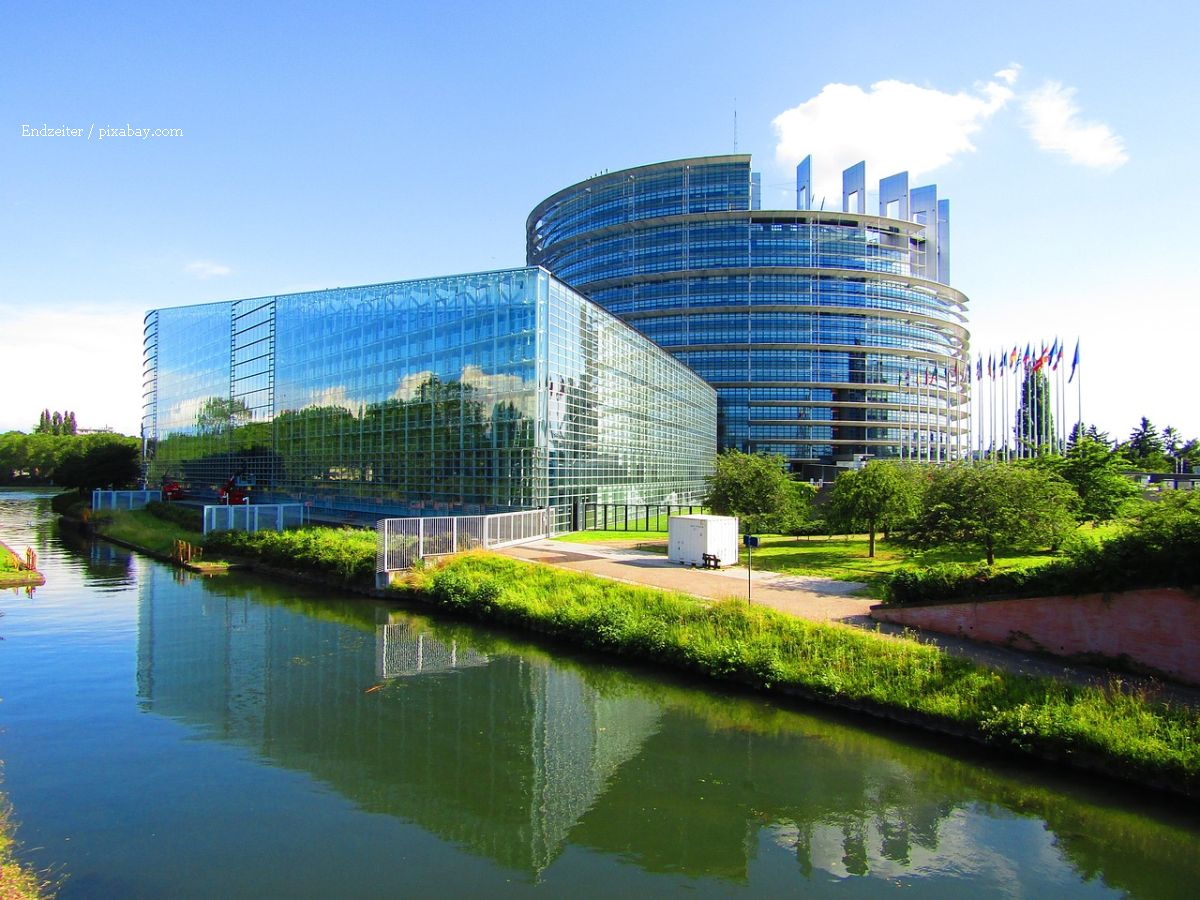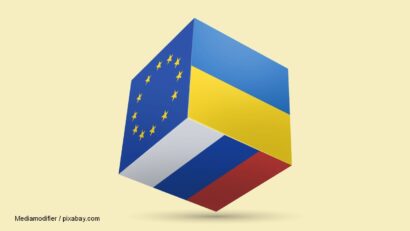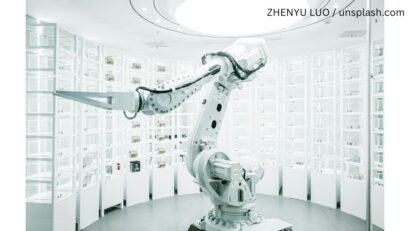A New European Parliament
About 370 million Europeans with the right to vote were called to the polls between June 6-9 to elect 720 MEPs

Corina Cristea, 21.06.2024, 10:50
About 370 million Europeans with the right to vote were called to the polls between June 6-9 to elect 720 MEPs, but only a little over half of these Europeans chose to exercise this right. The results showed that the centrist parties maintained a clear majority in the European Parliament. The European People’s Party remains the largest group in the EP, with a significant increase compared to the previous elections; The Progressive Alliance of Socialists and Democrats ranked second, losing a few seats, and the Renew group remained in third place, although it lost seats too. The two groups on the extreme political right, the European Conservatives and Reformists Group (ECR) and the Identity and Democracy Group (ID), together obtained 14 mandates more than before, but even so, this number is not enough for them to count in the political kitchen of Parliament, analysts believe. The two groups occupy the fourth and fifth places in the EP and obtained results below the expectations forecast ahead of the elections. The Greens fell from position four to position six, and in seventh place is the Left group, which obtained fewer mandates than in the past. MEPs from unaffiliated or independent parties together have almost 100 mandates.
The bottom line is that, with more than 400 mandates obtained by the three main political forces, the balance of power seems to remain largely unchanged in the European Parliament. What has, however, unsettled the political establishment and generated strong reactions has been the significant progress made by the far right in countries such as France and Germany, where, analysts say, dissatisfaction with the way of handling the pandemic and the geopolitical tensions have contributed to this result. What message are voters sending to the European Commission? Is it an electoral sanction from some of the western countries?
Sorin Ioniţă, the president of Expert Forum is at the microphone with explanations: “Many, many changes have occurred in Western societies in recent decades, from globalization, a lot of immigration, there has been a lot of talk about climate change, changes in technologies and the world is stressed, wants a bit of a break from this very, very fast pace of change, they want a bit of time to ingest and digest all this change, and they basically vote with some populist forces, of one kind or another, that tell them: ‘Let it be the way it used to be, let’s stop the change!’, which obviously is not going to happen. I didn’t see any major surprises compared to what the surveys said, and it’s very good that these right-wing extremists are divided into two big camps – some are pro-Kremlin, so to say, and others are pro-Western, pro-Atlantic. And here is the very big difference, for example, between Giorgia Meloni and the Poles, on the one hand, who will never play games with Russia, and the Germans from AfD, whose profile is rather worrying, maybe even Marine Le Pen’s party in France, although she has turned moderate herself.”
Speaking in turn about the European extreme right, professor Ștefan Popescu, a foreign policy analyst and commentator, believes that its rise will continue: “This will happen because we are in a period of crises, successive crises, which have not been resolved. The economic crisis after the COVID-19 pandemic, the economic crisis caused by the war in Ukraine, the competition with China and the US, which leads to an erosion of the European economy, the migratory pressure, the security issues, the echoes of the war in the Near East, all these will do nothing but create an atmosphere of uncertainty, which will provide fertile ground for these movements.”
Invited in Radio Romania’s studios, political science professor Andrei Țăranu spoke about the context of holding the elections, about the major issues that concern European citizens: “Western Europe is very interested and has the problem related to the war in Ukraine and the problem of peace and everything related to a new armament policy of the EU, about the possibility of building a European army, while in Eastern Europe the economic problems are the most serious. The majority of Eastern European citizens are interested in a possible crisis at the EU level, from the Baltic states to Greece. The problem of those in the south of the continent – Greece, Italy, Spain, less Portugal, remains the migration coming from the north of Africa and the Near East, while the problems of those from the Scandinavian countries are rather related to climate change. The West has this problem related to a European reconstruction, a revision of the treaties, so that there should be a greater involvement of the Union, of the European bureaucracy in the existence and the lives of European citizens, while those in the East are rather wary of a greater political involvement of the EU, including on such issues as justice, human rights, and so on.”
What should be the priorities of the new Commission? Again at the microphone is Professor Ştefan Popescu: “The priorities will be very important and, I would say, essential, more than ever, for the course of the EU. First of all, this Commission will still have to manage the war in Ukraine, the way in which the Union will continue to provide assistance to Ukraine, especially since we have this probability of a change on November 5th – it will be announced by the team at the White House, it will be on the 21st January. Then, the management of the post-conflict situation, because this war will not last another five years, even if it will continue next year.”
Then, Ștefan Popescu adds , there will be the expansion to the Western Balkans; in Ukraine and the Republic of Moldova, we will see, it depends on several factors, but this expansion will require a substantial reform of the decision-making process at the European level. (LS)





























